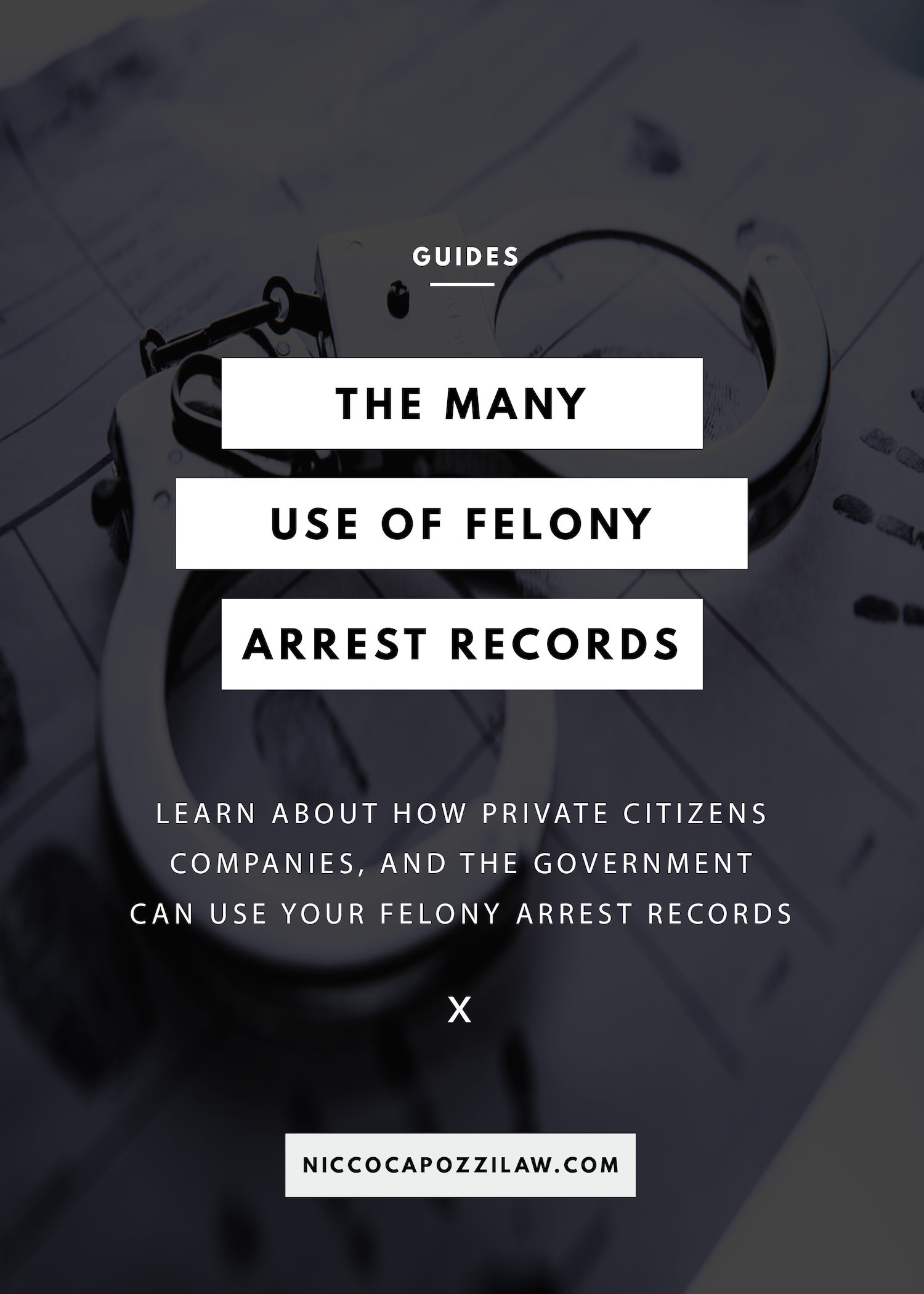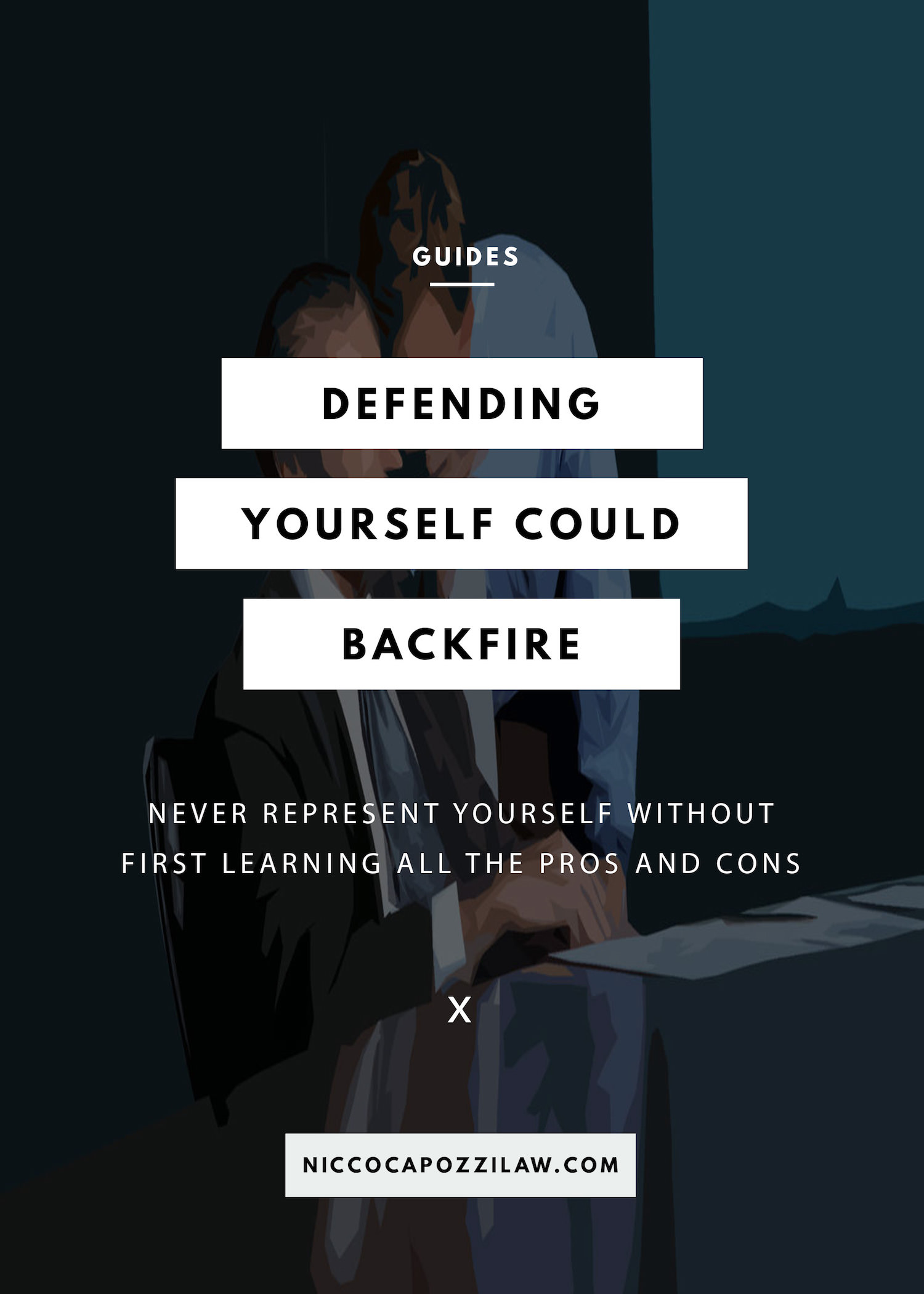Expungements are something most former defendants ask about or think about but rarely ever get around to doing. We believe everyone should try and get their record expunged because it has tremendous benefits and no negatives. You can petition for expungement as often as you want and the end result will be having your case dismissed. Learn more about the 3 steps to getting it done!
What does "expunge" mean?
In California, the term "expunge" can be defined as:
“To destroy; blot out; obliterate; erase; efface designedly; strike out wholly. The act of physically destroying information—including criminal records—in files, computers, or other depositories.”
This definition is only partly accurate. Legal expungements do not technically destroy information like many people think. That is, the court will not actually delete your case file and toss it out. For our purposes, a better definition is needed:
“Expungement is a court process to dismiss or set aside a criminal conviction. This will result in the defendant being able to truthfully state that they were not convicted of a crime.”
The difference between the two is slight but important to note. With our definition (the second one), it does not state that the actual file or record will be destroyed but instead that it will be dismissed or set aside. This means that while there will remain a court case number and file the consequences and end result of that case will be lifted. The most common example of why this is beneficial (other than piece of mind) is that on a job or other application you may be able to truthfully state you were never convicted of a crime. If the application asks for arrest history (many do not) than an expungement will have no effect. Expungements only concern court convictions not arrest records; these records would need to be sealed by the arresting agency (another guide will address this topic). In your court file the terms "set aside" or "dismissed" will be found.
Importantly, you may still have to answer "yes" to questions concerning convictions on immigration documents, questions posed directly by state or local licensing agencies, and applications for public office. Also, federal authorities might not recognize a state expungement.
Also important is in how police and government agencies treat expungements:
- Expunged convictions can still be used as priors and strikes
- Expunged convictions can still affect your driving privileges
- Expunged convictions can still restrict your ability to possess a firearm
- Expungement does not affect sex offender registration requirements
- Expungement may not help you get a state license
Step 1: Are You Eligible for Expungement?
There are several requirements for you to be eligible for an expungement now.
Did your conviction result in jail time or probation?
Expungements only concern those convictions where probation was granted and not jail time or prison. To clear your conviction that result in jail or prison time you will need to undertake a different process: the Certificate of Rehabilitation and Pardon process (discussed in another post). If you were placed on probation then you are eligible.
Do you have any outstanding misdemeanor or felony cases?
You must not have any outstanding cases in order to petition for expungement. This means you must be off probation or parole of all cases. If not, you will have to wait until completed or petition the court to terminate probation early in the interest of justice (discussed below).
Do you have any outstanding warrants?
Warrants are a big no-no with expungements. You must not have any outstanding warrants and current failures to appear.
Are you trying to expunge a federal case in state court?
If so, it will not work. You must seek relief in federal court to expunge federal crimes, where it is almost impossible to do so.
Do you have any outstanding court fines and fees on this case?
If you owe money on the case you are trying to expunge then you must pay those first before petitioning the court. You must have completed all your probationary requirements including paying fines.
If you are eligible for expungement, let's move on to the next step.
Step 2: Preliminary Steps Before Petitioning for Expungement
When you petition the court for expungement it will undergo a background check of your criminal history. If you have any open cases or there are errors in your history, your chances for an expungement may be lessened. For these reasons it is advisable, though not required, that you get a copy of your criminal history ahead of time to check for errors. You will also need a variety of information on the case you are trying to expunge and checking your record should provide this information.
How to get your criminal historY?
The California Department of Justice maintains the criminal histories of people within the state. The information is passed to this agency when you get a conviction. When an officer pulls you over they are checking this database because it will cover all the courts in the entire state. There is a similar FBI database. The California database is notorious for having errors so it is important you check it out. The Department has fairly extensive information on how you request a copy of your own record. In essence there are 3 steps:
- Fill out the application. Please click here for the application.
- Pay the $25 fee
- Get a Live Scan of your fingerprints. Click here for instructions and here for the forms and here for a list of live scan locations.
For more information about these steps please visit the Department website.
What do you do if the information is inaccurate?
According to the Department:
If you feel the information contained within your criminal history record is incorrect, you may submit a formal challenge to the Department of Justice only after you have received a copy of your record from the Department, pursuant to California Penal Code sections 11120-11127. Form BCIA 8706 "Claim of Alleged Inaccuracy or Incompleteness" will be mailed to you along with your record. Submit form BCIA 8706 and any supporting documentation to the Department of Justice at the address provided on the form. The challenge will be reviewed and a written response will be provided, along with an amended copy of your criminal history record if appropriate.
To get a copy of the 8706 form to dispute the information please click here. A copy of the form should also be included with the response mailed to you be the Department.
What information SHOULD YOU gather before submitting petition?
Information needed for expungement petition:
- Court where you were convicted
- Name you were convicted under
- Case number
- Date of conviction
- Section number and code of violation
- A list of your terms of probation and whether you completed
You can provide this information to your attorney will fill out the petition and submit it to the court.
Step 3: Submitting the Expungement Petition
Fresno County uses a specific packet for expungements. It is important to fill out each part or the expungement will be rejected. Note, there are two ways to petition the court. The simplest way is to fill out the standard forms and submit helpful information to the forms. The other way is to have an attorney draft from scratch the petition with little reference to the forms. This more detailed approach is better when the issues are a bit more complex or when you are seeking to have probation terminated early. This second way will not be addressed here because, as mentioned, it is a completely custom way of doing an expungement and will vary client to client. Contact your lawyer to dismiss. The first way will be discussed below.
There are 5 primary documents that should be submitted to the court. The entire packet can be downloaded here.
- Form CR-180
- Fresno County CLETS Form
- Form MC-210
- Form TCR-10 Proof of Service Form
- Form CR-181
Optional documents:
- Form MC-031
- Supporting documents such as character letters, employment records, diplomas, substance abuse records, etc.
Form CR-180 is the primary form and it lists all the important information or the case and probationary terms. Make sure to completely fill it out. Have an attorney explain to you the differences between petitions under 1203.4, 1203.4a, 1203.49 or 1203.41. The most common form of expungement is under 1203.4. If you are seeking to have probation terminated early you need to check box c and provide an explanation of why on Form MC-031 which can be found here. Only fill out one of the sections in 2 through 5.
The Fresno County CLETS Form is what the Fresno courts use to pull your background and criminal history. Make sure to completely fill this entire form out. This is why Step 2 above is so important!
Form MC-210 is a financial statement Fresno court's require to process your expungement. There is a fee to having your petition granted and this form will be used to determine your ability to pay.
Form TCR-10 is the proof of service page the local court's use to prove you delivered it to the Fresno County District Attorney's Office. You should deliver a copy to the DA before you file the petition with the court. The DA's office will sign on the service form to show they received it.
Form CR-181 is the form you hope gets filled out in your favor. It is the order the court will sign once it processes your petition. The court will grant or deny the application based on the information you provided. Luckily, even if you petition is denied, you can always reapply at a later date. The court could also schedule a hearing to discuss your petition; if the court does this it will notify you of the court date. If the court grants your petition -- congratulations -- you now have a dismissed case!
To learn more about our expungement services please click on our practice areas tab. You can also view our pricing here. Good luck!







